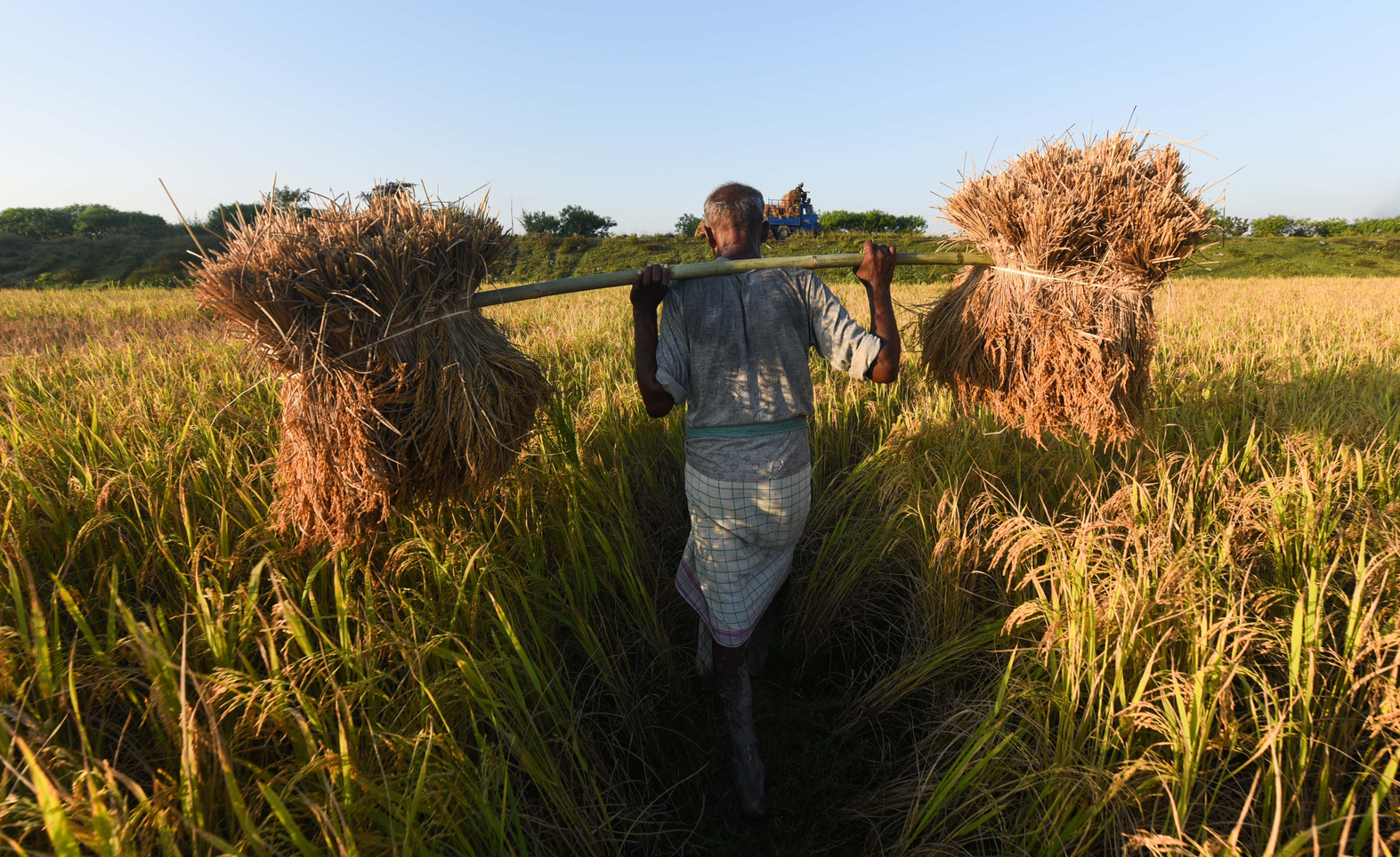
September 7, 2021
The paddy procurement provided Minimum Support Price (MSP) worth nearly US$ 22.91 billion.
71.8 million tonnes were procured in the Kharif season, while 17.1 million tonnes were procured in the rabi season.
The procurement benefitted nearly 13.05 million farmers from the Kharif Marketing Season procurement operations.
The record procurement has happened after the Government of India enacted the Farmer’s Produce Trade and Commerce Act, in 2020.

Marking a record high, with an MSP amounting to nearly US$ 22.91 billion in the current marketing year ending September, the Government of India procured about 89 million tonnes of paddy as a part of its Kharif Marketing Season procurement operations (2020-21).
Compared to the corresponding period in the previous marketing season, the Food Corporation of India had purchased 76.44 million tonnes of paddy. This year’s kharif (summer sown) season saw a procurement of 71.81 million tonnes of paddy, while 17.15 million tonnes were procured during the rabi (winter sown) season. Paddy, despite primarily being a major kharif crop, is also cultivated during the rabi season. As per the statement issued by the Ministry, the procurement benefitted nearly 13.05 million farmers from the ongoing KMS procurement operations with a total support price of US$ 22.91 billion . The procurement has reached an all-time high level surpassing the previous high of 77.3 million tonnes, achieved during the Kharif Marketing Season of 2019-20.
Telangana’s Agriculture Minister Shri S Niranjan Reddy also announced that the state had procured 14.1 million tonnes of paddy during the current KMS. He attributed this to better irrigation facilities, 24×7 free power supply to farmers, the Rythu Bandhu scheme’s investment support for two seasons every year, free group life insurance scheme for farmers aged below 60 years, an irrigation budget of US$3.41 billion every year and US$8.18 billion for other schemes, which augmented the agriculture sector in the state. High procurement in several states indicates a much higher awareness about MSP and its benefits among small farmers.